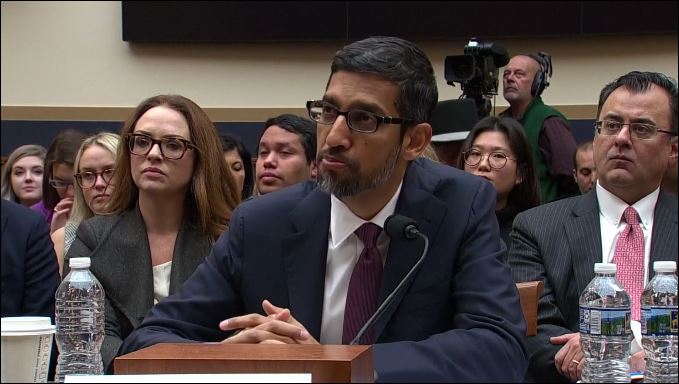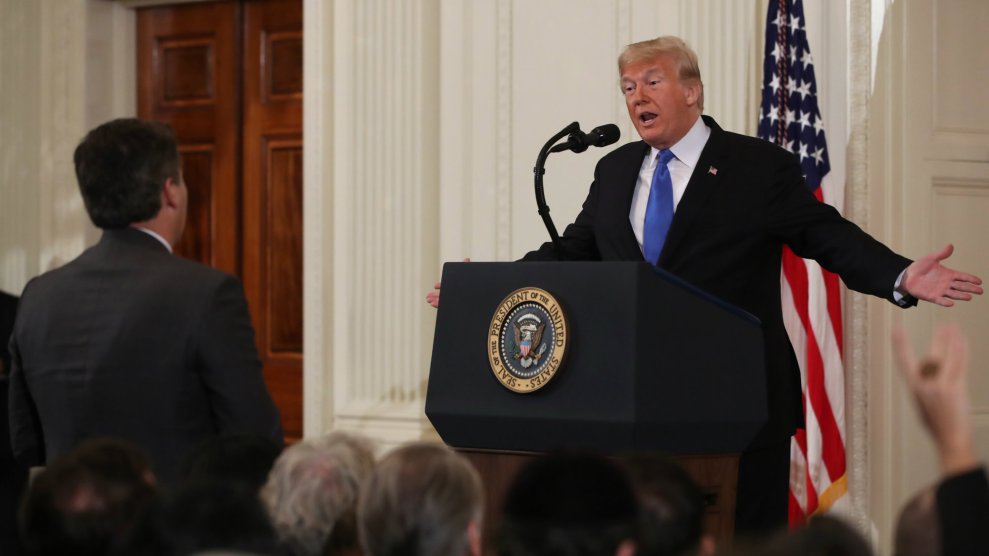In a 7-2 decision announced Monday morning, the Supreme Court of the United States has rejected the state of Arizona’s efforts to add a proof of citizenship requirement to voter registration forms.
The National Voter Registration Act of 1993 (a/k/a “The Motor Voter Law”) requires States to “accept and use” a uniform federal form to register voters for federal elections, and the Court now holds that states cannot graft additional requirements onto that form, which only requires that voters affirm that they are citizens.
Justice Scalia—yes, him—wrote the decision of the court, a majority consisting of everyone other than Justices Thomas and Alito. It relies on the Elections Clause of the Constitution (Art. I, §4, cl. 1), which provides that while states have preliminary control over federal elections, Congress can supersede the states’ choices:
The Times, Places and Manner of holding Elections for Senators and Representatives, shall be prescribed in each State by the Legislature thereof; but the Congress may at any time by Law make or alter such Regulations, except as to the places of chusing Senators.
And, basically, the Court holds that when the NVRA says the states must “accept and use” the federal form, it must accept and use them as sufficient to register voters:
When Congress legislates with respect to the “Times, Places and Manner” of holding congressional elections, it necessarily displaces some element of a pre-existing legal regime erected by the States. Because the power the Elections Clause confers is none other than the power to preempt, the reasonable assumption is that the statutory text accurately communicates the scope of Congress’s preemptive intent. Moreover, the federalism concerns underlying the presumption in the Supremacy Clause context are somewhat weaker here. Unlike the States’ “historic police powers,” the States’ role in regulating congressional elections—while weighty and worthy of respect—has always existed subject to the express qualification that it “terminates according to federal law.” In sum, there is no compelling reason not to read Elections Clause legislation simply to mean what it says.
We conclude that the fairest reading of the statute is that a state-imposed requirement of evidence of citizenship not required by the Federal Form is “inconsistent with” the NVRA’s mandate that States “accept and use” the Federal Form. If this reading prevails, the Elections Clause requires that Arizona’s rule give way.









